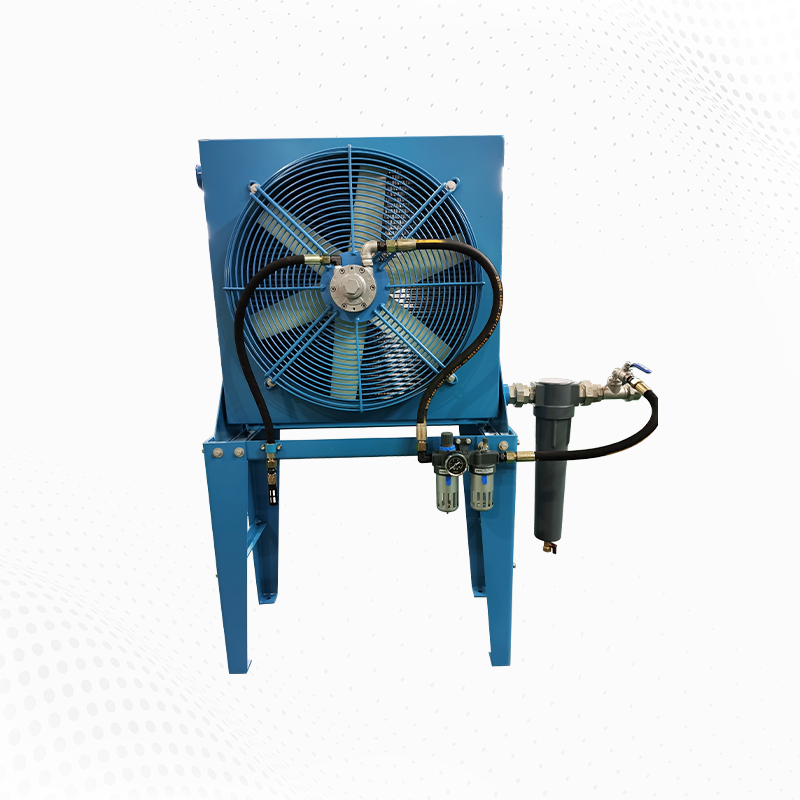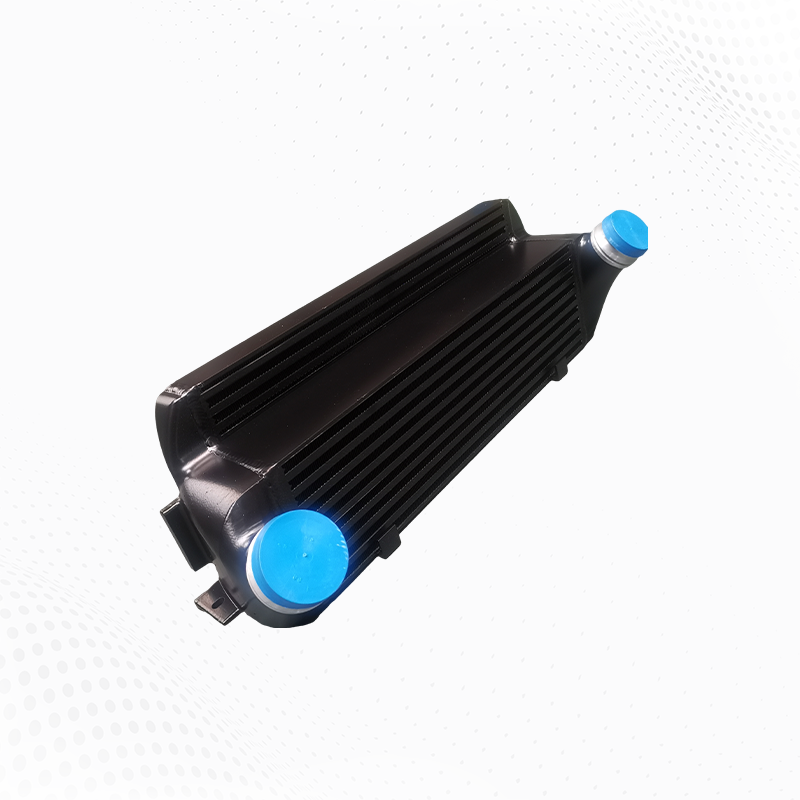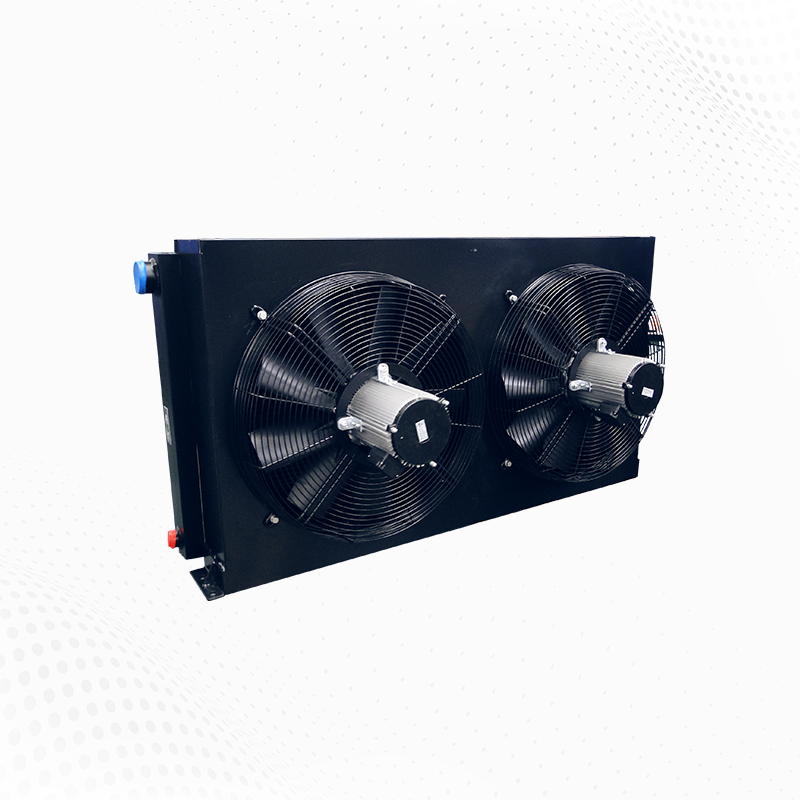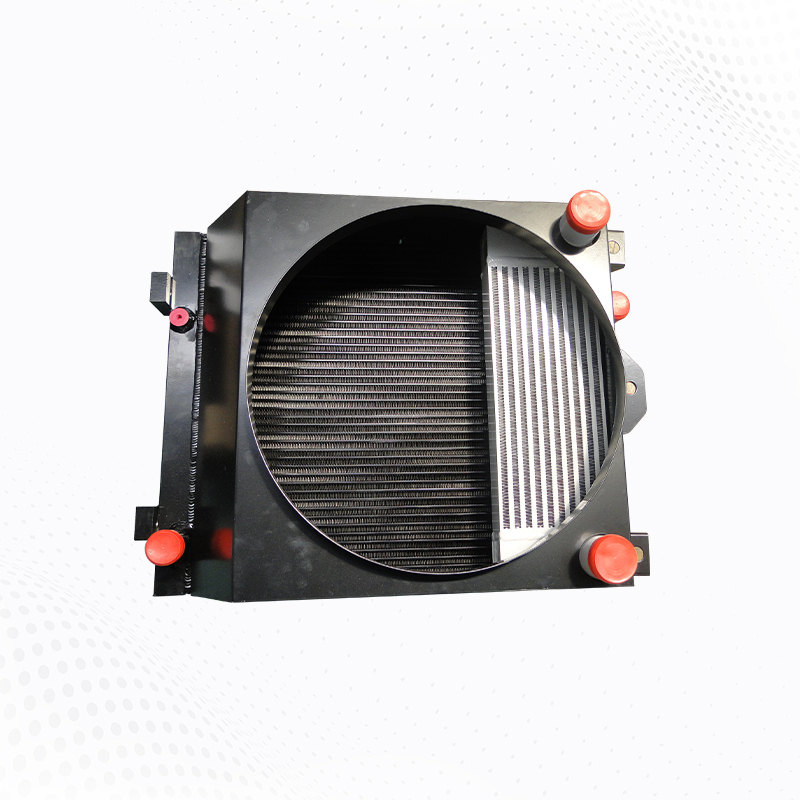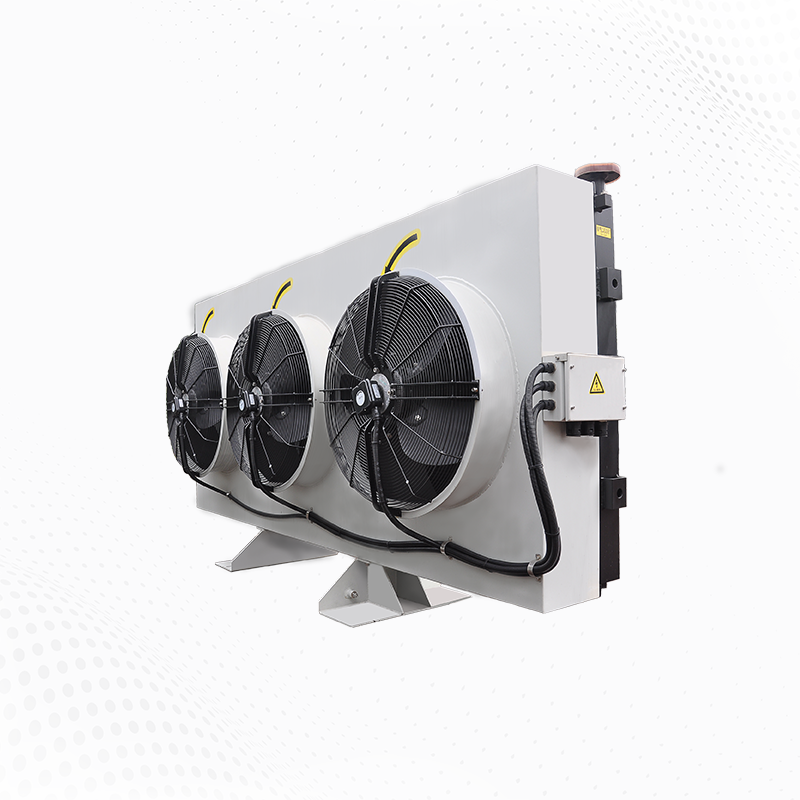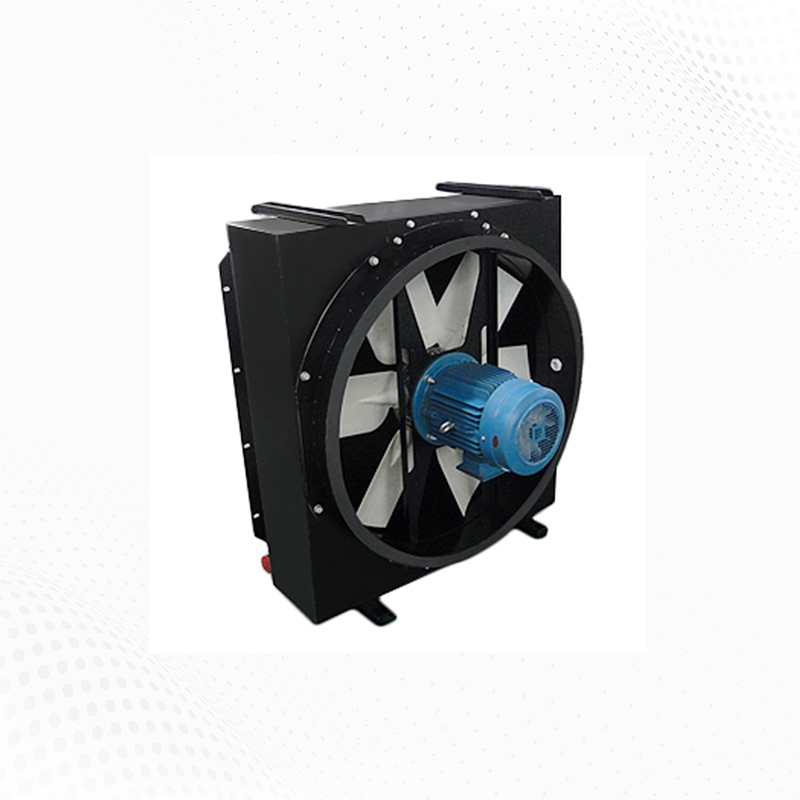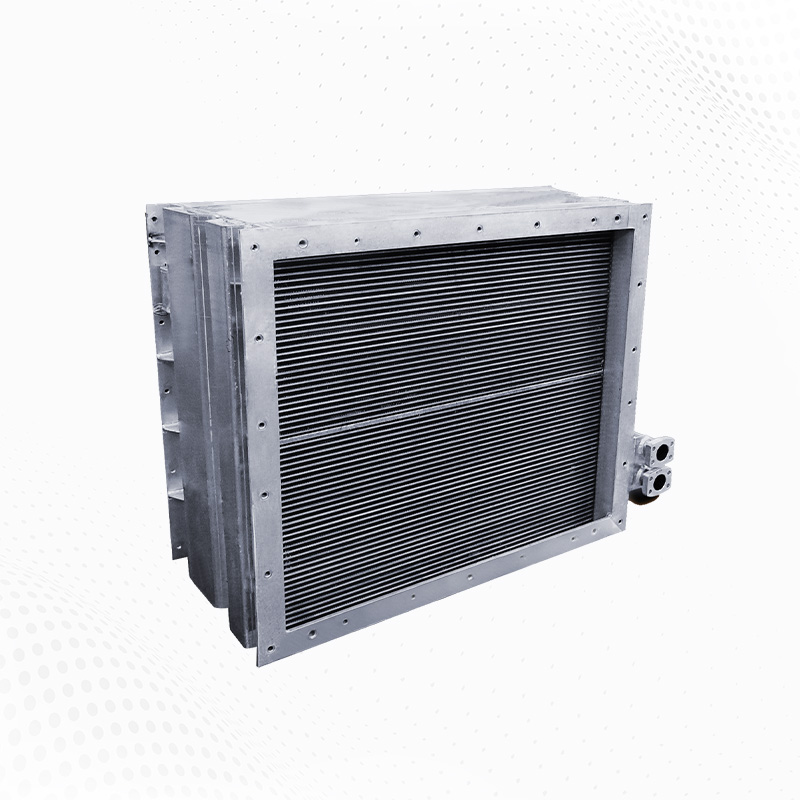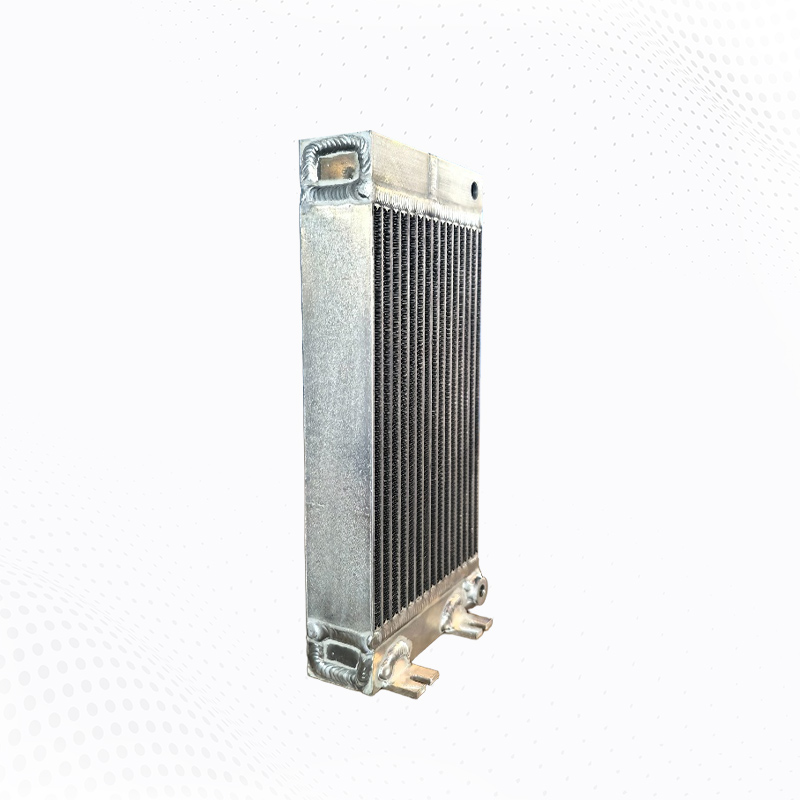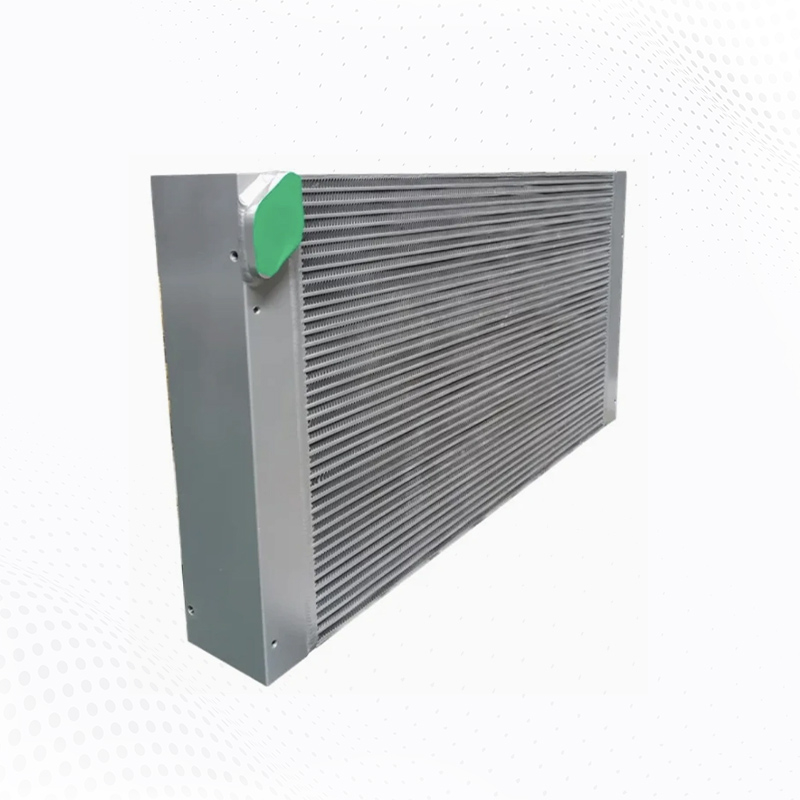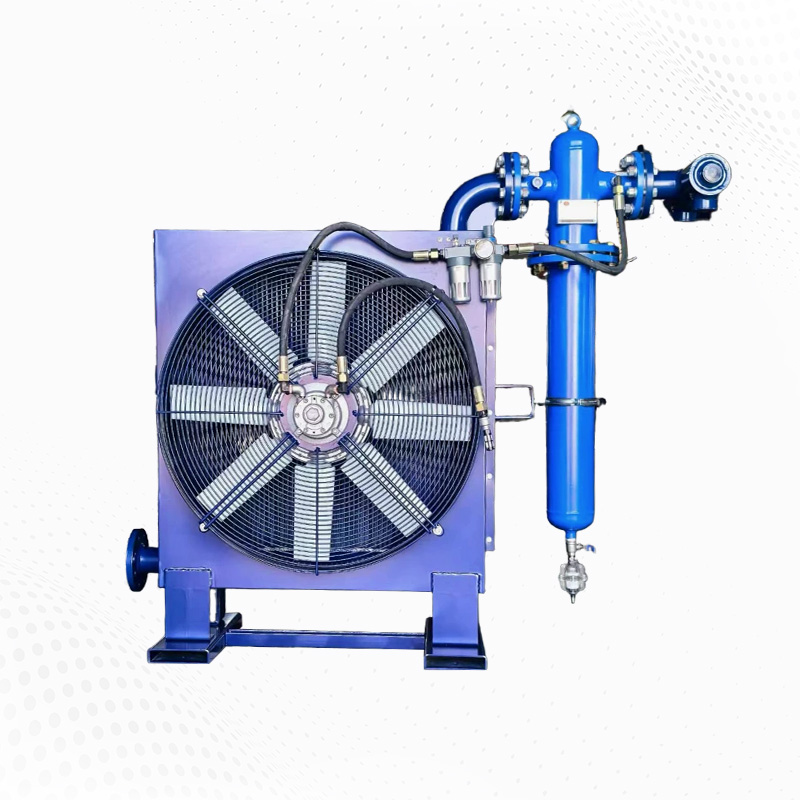Wuxi Yuda High Pressure SVG Cooler: Precision Cooling for Reactive Power Systems
At Wuxi Yuda, we specialize in innovative thermal management solutions for industrial power systems. One of our core products, the High pressure SVG cooler, is engineered to meet the stringent cooling requirements of reactive power compensation devices in high-voltage environments. This vertically configured water-to-air cooler is optimized for reliability, performance, and space efficiency.
What is a High Pressure SVG Cooler?
The High pressure SVG cooler is an essential component used in Static Var Generator (SVG) systems, particularly in high-voltage reactive power compensation devices. These systems require efficient thermal management to maintain stable operation under high electrical load. The cooler facilitates heat dissipation from critical components, ensuring long-term reliability.
Key Technical Features
Cooling Type: Forced air cooling
Airflow Design: Induced draft configuration
Heat Exchanger Type: Aluminum plate-fin design
Orientation: Vertical mounting
Fan Position: Located behind the heat exchanger core
How the High Pressure SVG Cooler Works
The High pressure SVG cooler operates on the principle of water-to-air heat exchange. Hot fluid from the SVG system enters the aluminum plate-fin structure, which provides a large surface area for heat dissipation. The fan positioned at the rear of the unit draws ambient air through the core, allowing effective heat removal via convection.
Aluminum Plate-Fin Efficiency
The core of the cooler is designed with high-performance aluminum plate-fin technology. This material and structure combination offers:
High thermal conductivity
Corrosion resistance
Compactness with high surface area-to-volume ratio
Why Choose Wuxi Yuda’s High Pressure SVG Cooler?
Wuxi Yuda’s High pressure SVG cooler stands out for its robust construction and high cooling efficiency. It is purpose-built for reactive power compensation equipment operating under high pressure and thermal stress conditions.
Top Advantages:
Engineered for high-pressure environments
Space-saving vertical design
Quiet and efficient air induction fan system
Reliable performance under continuous load
Customizable according to system specifications
Applications of High Pressure SVG Cooler
The High-pressure SVG cooler is widely used in:
Reactive power compensation systems
High-voltage substations
Industrial power management units
Wind and solar energy converters
Cooling Mode: Forced Air Cooling with Induced Draft
The cooler employs a forced air cooling mechanism with an induced draft airflow. This setup enhances air distribution across the heat exchanger surface and minimizes hot spots. The rear-mounted fan provides consistent airflow, improving overall thermal transfer rates in the High pressure SVG cooler.
Environmental and Operational Benefits
Reduces component thermal fatigue
Improves energy efficiency of SVG systems
Minimizes downtime through efficient heat management
Supports sustainable operations with lower energy loss
Wuxi Yuda – Your Trusted Thermal Solution Provider
With years of experience in thermal systems, Wuxi Yuda has become a leader in designing high-performance coolers for industrial and power system applications. Our High pressure SVG cooler is the result of continuous R&D and field-tested innovation.
Whether you are upgrading your existing SVG equipment or seeking reliable cooling solutions for new installations, the High-pressure SVG cooler from Wuxi Yuda delivers unmatched durability and thermal performance.
Contact Us
Looking to enhance your reactive power systems with superior cooling solutions? Contact Wuxi Yuda today to learn more about our High pressure SVG cooler offerings. Our engineering team is ready to provide customized solutions tailored to your requirements.


